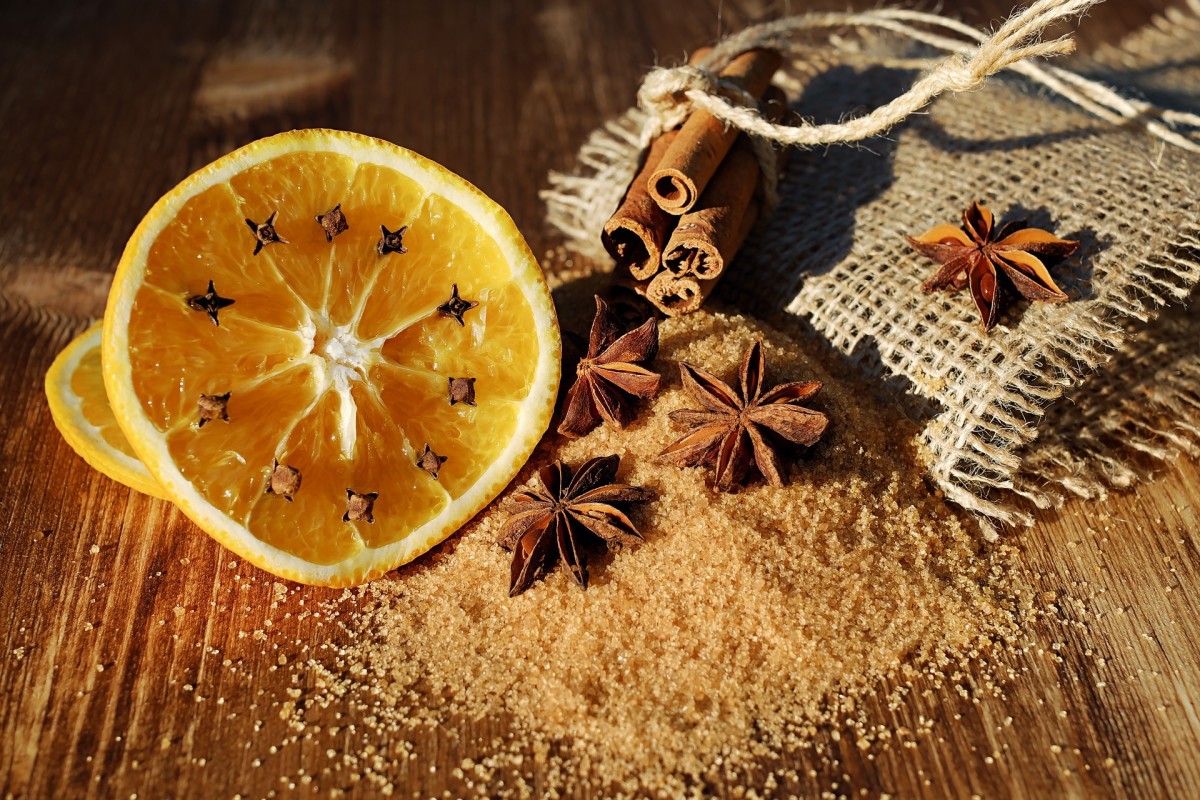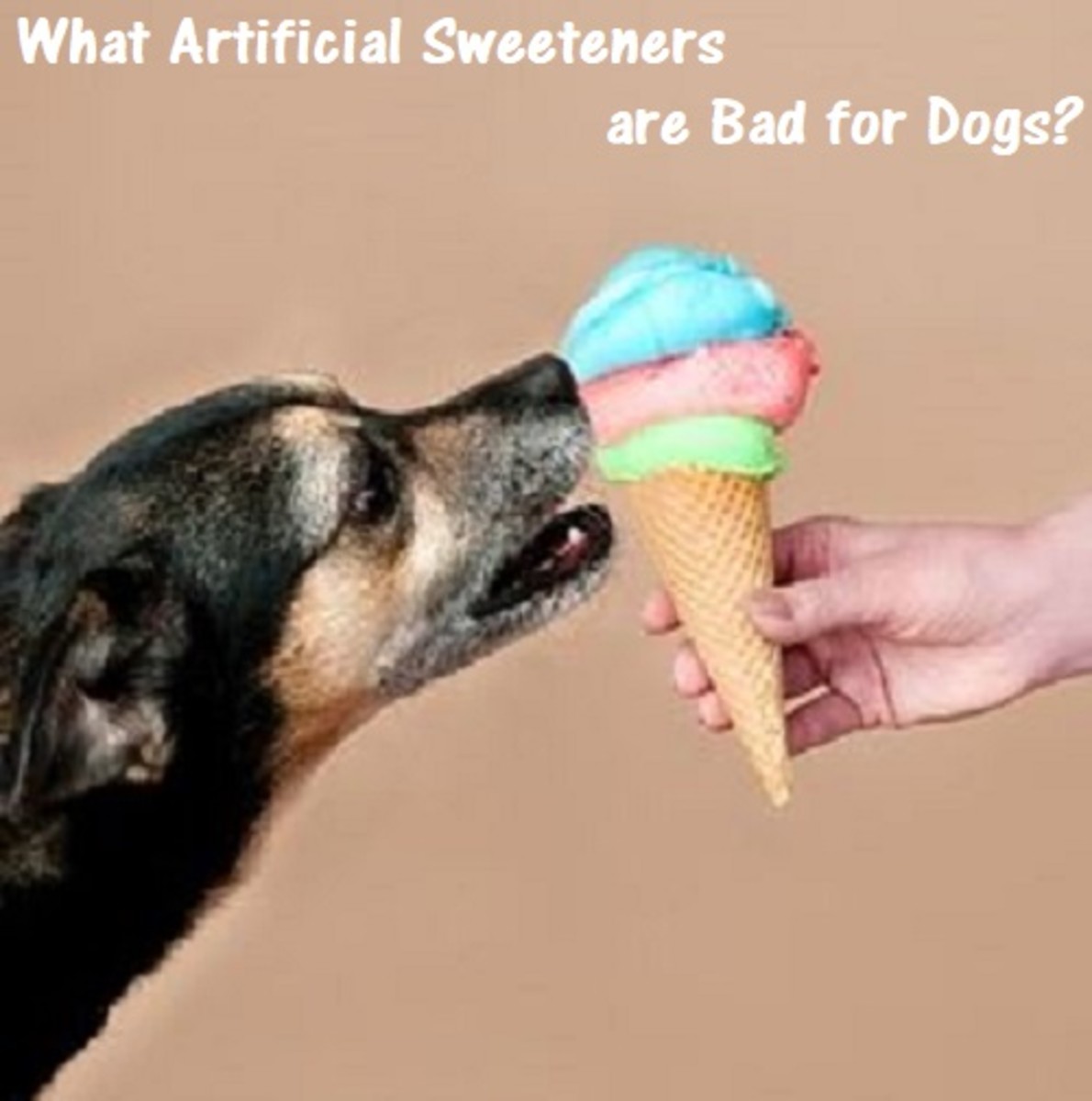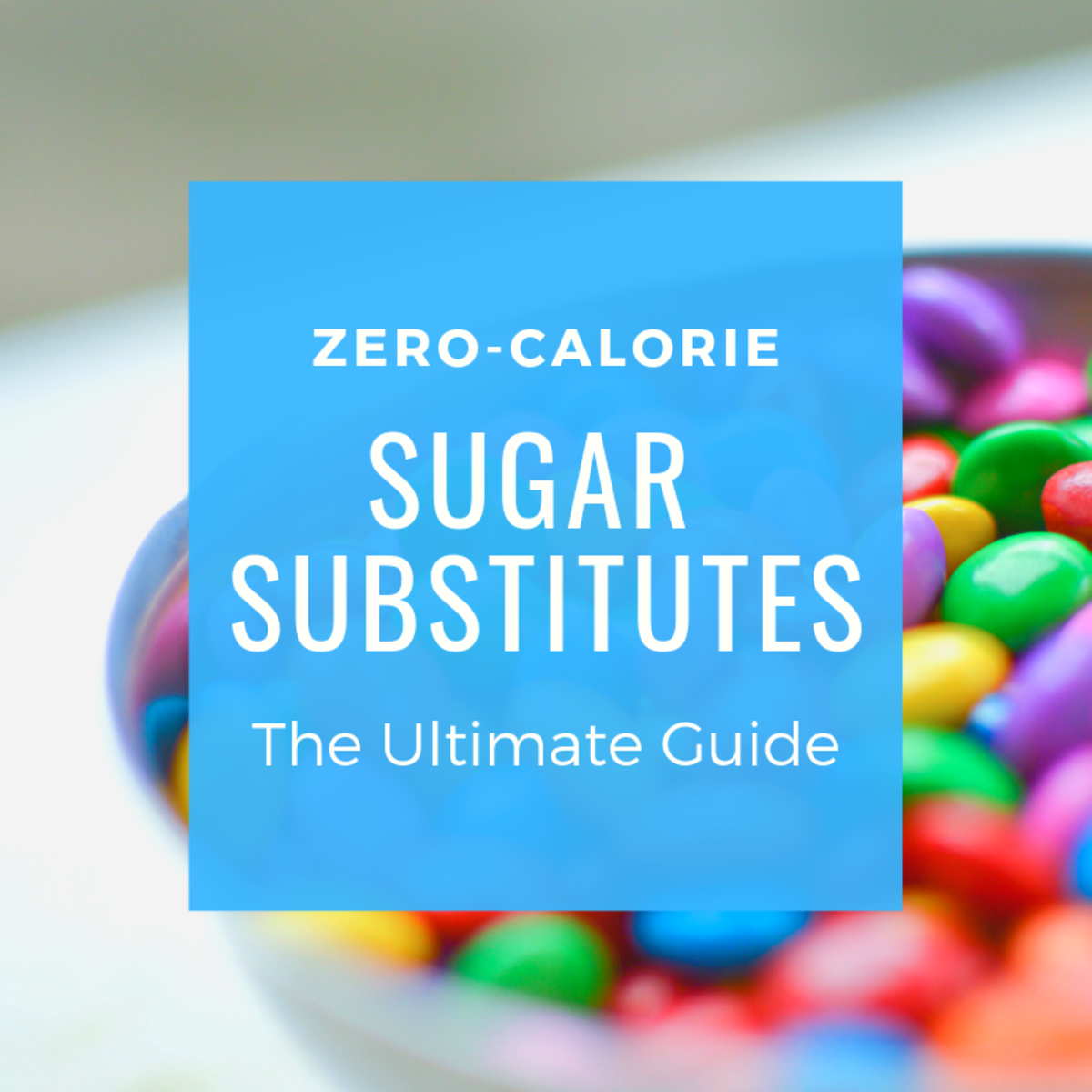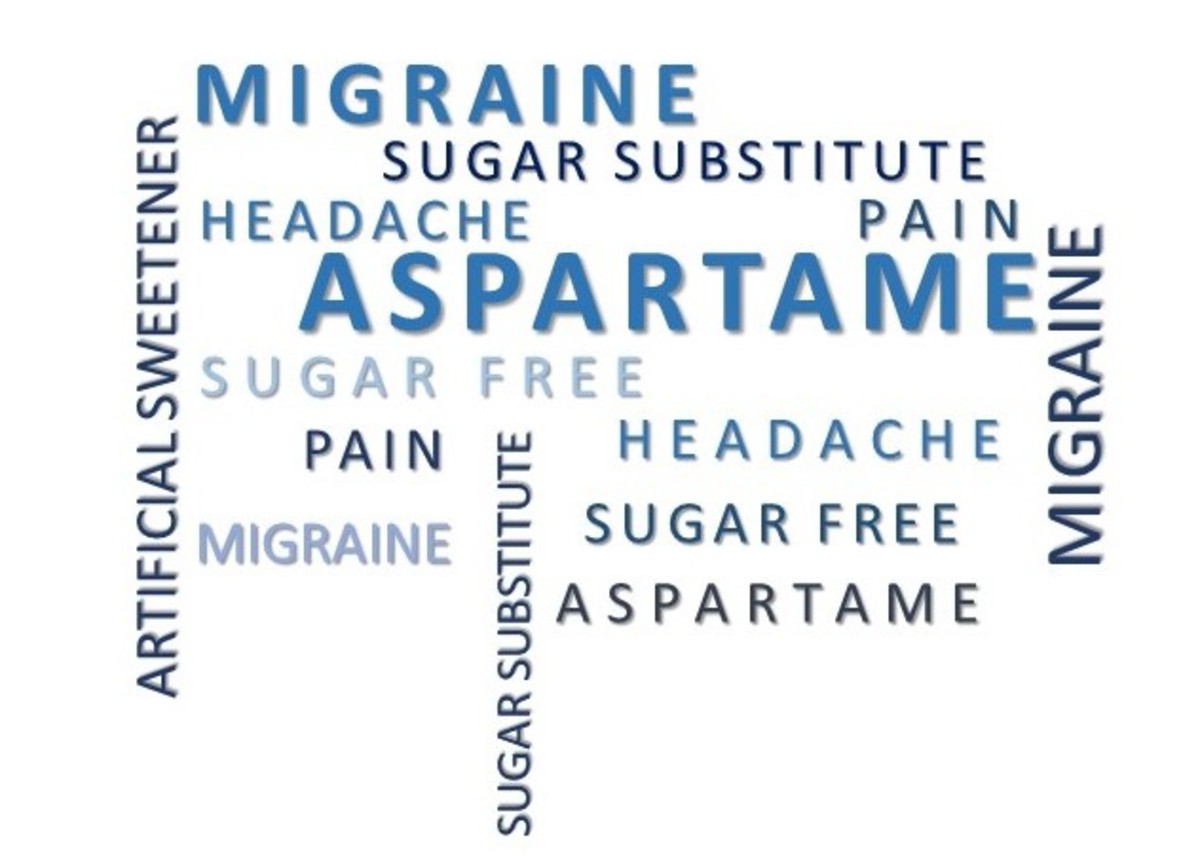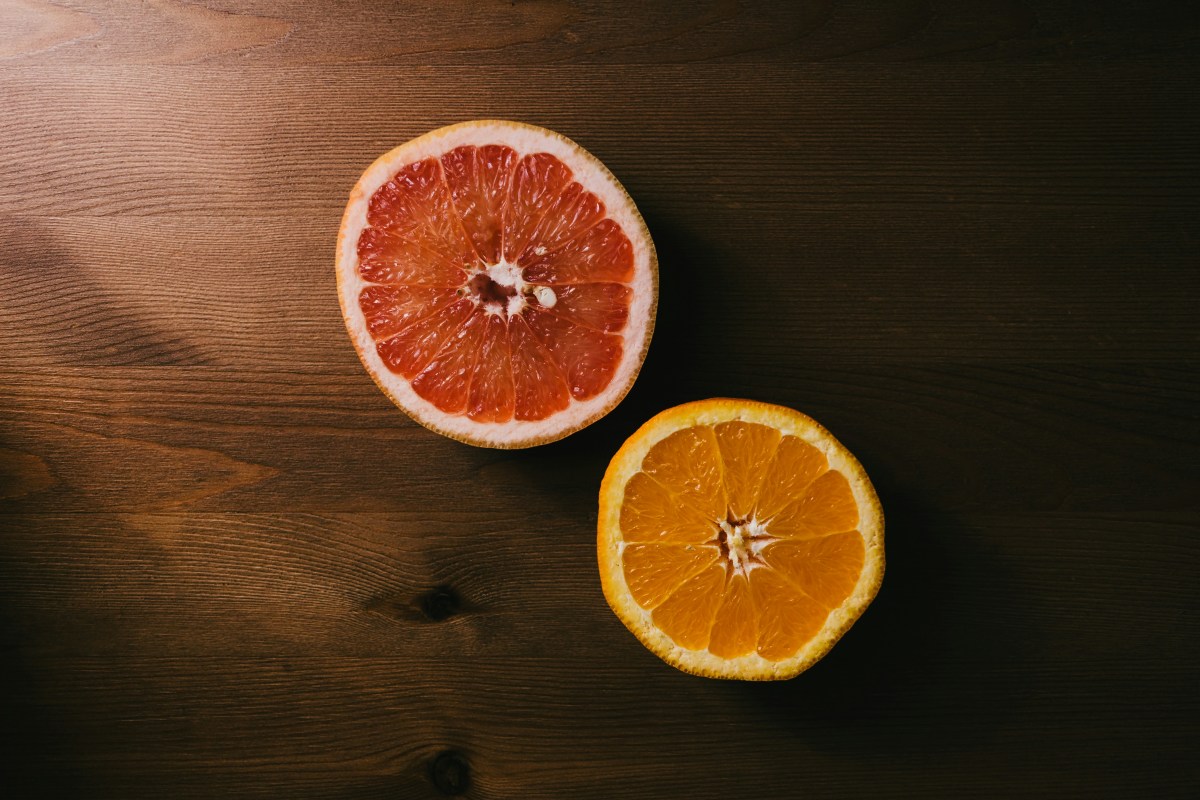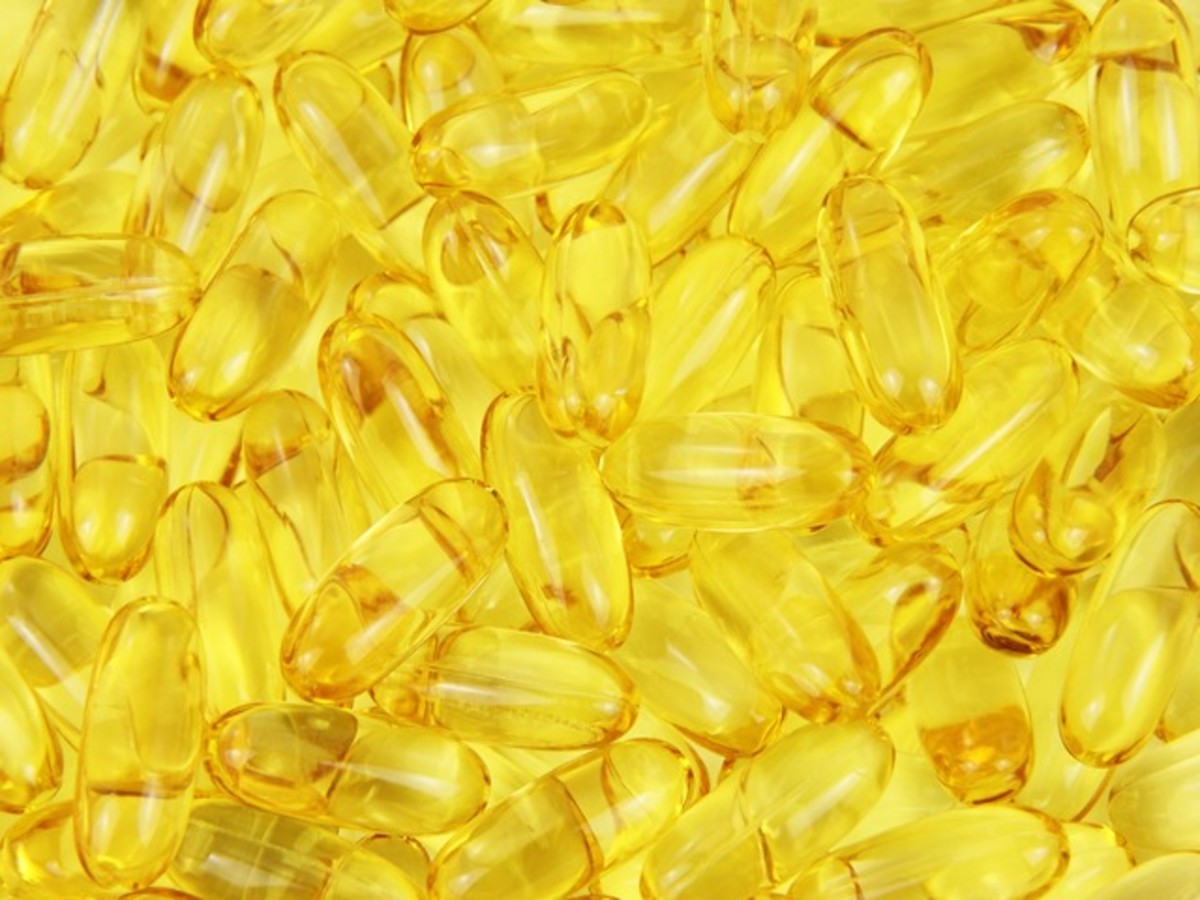Sweet Killers, Sugar or Artificial Sweeteners?
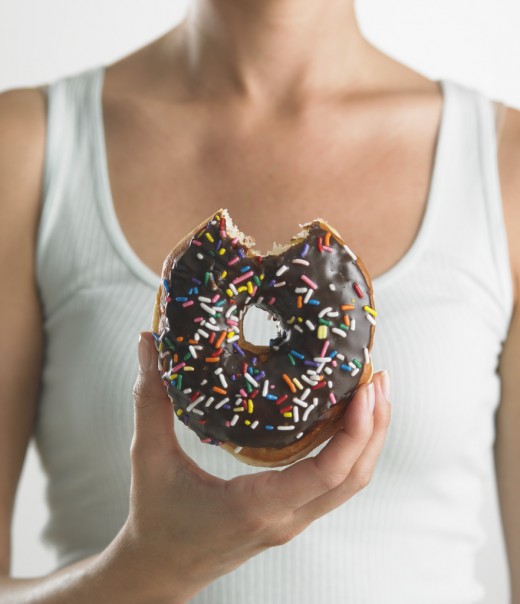
Sugar Kills
Sugar is a killer. Cancer thrives on sugar. Excess intake of sugar plays a major role in obesity and arteriosclerosis. It is also responsible for the rise in cancer and the current diabetic epidemic. Studies also show that diabetes appears to be associated with Alzheimer's. As sugar consumption increases, so does diabetes. A major risk factor in the causation of heart attacks is excess sugar. There are 146 diseases and other serious problems directly related to excess sugar intake! Sugar also compromises the immune system. When the immune system is compromised, the body is more susceptible to illness and disease. Just one can of soda can have as much as 10 to 12 teaspoons of sugar.
Sugar is pure empty calories with no nutritional value whatsoever. Because sugar in any form has no nutritional value, the body stores it as fat. Excess sugar intake makes it difficult to lose weight or maintain a normal weight. More and more people are learning about the harmful affects of sugar and the food industry knows this, so do not be fooled by sugar's many disguised names. High fructose corn syrup, also know as HFCS, though better than table sugar, is still sugar and is still unhealthy, especially for diabetics. The reality is, though, most of us will use some sugar and/or sweetener at times. Who wants to be without sweetness? This is why more people have turned to artificial sweeteners. Keep in mind though, that it is not just sugar, but the sweet taste, that is addictive, so even cutting back on a sweet-tooth can help reduce sugar cravings.
Many studies show that aspartame, found in NutraSweet TM and EqualTM is extremely harmful in ways too numerous to mention here. Aspartame is linked to MS, headaches, arthritis and degenerative diseases. More than 75 percent of all non-drug complaints to the FDA are about aspartame. One of its components, methanol, is essentially wood alcohol. A break-down product of aspartame is formaldehyde (embalming fluid). Neuro scientist Russell Blaylock, MD, said, "Formaldehyde formation is very common and accumulates within cells and DNA. The fact that it accumulates with each dose indicates grave consequences among those who consume diet drinks and foodstuffs on a daily basis."
Splenda TM, or sucrolose, is a chlorocarbon derived from sucrose (sugar), through a process that substitutes chlorine for hydrogen-oxygen groups on the sucrose molecule. Most of us would never dream of ingesting chlorocarbans or chlorine. Yes, chlorine is also dangerous, but that's for another article. Some people believe that saccharin is safe. The big problem with that theory is, saccharin studies that showed no risk were done by pharmaceutical companies. That's compared to Ford saying they did their own studies and found that Ford makes the best trucks. There are studies however, that showed saccharin to be a potential cause of increased cancer, especially bladder, as well as digestive problems. So what if anything is out there for the sweetness in our lives?
Stevia Plant

Healthy Sweet Recipes Without Sugar
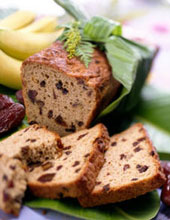
A Safe Alternative
A Safe Alternative
Even though there is no scientific proof of harm from stevia, in 1991 the FDA labeled stevia a "harmful food additive" and restricted its import. They claimed the toxicological information insufficient to prove its safety. This claim by the FDA went against their own guidelines that natural products used before 1958 with no reports of adverse affects, should generally be regarded as safe. Marketers and consumers believed the FDA caved in response from industry pressure. Because stevia is natural, it cannot be patented, unlike artificial sweeteners. In 1994 the Dietary Supplement Health and Education Act forced the FDA to revise its stance to at least be used as a supplement. Politicking still does not allow stevia as a food additive. This is contradictory, as it is labeled as safe and unsafe, depending on how it is used!
Not only are there safe alternatives to sugar, but they are also healthy to boot. Stevia is a plant of which there are about 240 species native to sub-tropical South America and Central America. The leaves of the plant are used. There are extracts of stevia up to 300 time sweeter than sugar and calorie free. If used in high concentrations, it can have a slightly after or bitter taste. Medical research has shown possible benefits of treating diabetes and high blood-pressure with stevia. It is available in powder and liquid forms. Stevia has been used in South America for hundreds of years. Of the many countries that use stevia, Japan consumes the most with 40 percent of their sweetener market. Agave comes from the Agave plant and is delicious as well as a healthier alternative to sugar of any kind. It does have calories, however. Its taste is similar to honey.
What is Agave?
Another Safe Alternative
Xylitol is a natural white crystal-like substance that looks and tastes like sugar. It is a sugar alcohol sweetener and has only 2.4 calories per gram. That is 40 percent less than other carbohydrates. Xylitol, which is already in our bodies and in the fibers of many fruits and vegetables, does not increase insulin levels. Some of its small amount of calories are never even absorbed because it feeds the good bacteria in the colon. This is helpful to the immune system.
Xylitol is popular with diabetics in other countries, and many other countries have used xylitol and stevia for many years. There are several other health benefits to xylitol. Studies show that xylitol helps prevent tooth decay. It is safe for pregnant and nursing women and is a potential treatment of osteoporosis. A recent report suggests that xylitol may help control oral Candida yeast infection. These are just a few of the benefits of xylitol, and it has no known toxicity in humans. However, like most sugar alcohols, it can have a laxative effect, because sugar alcohols are not fully broken down during digestion. Its effect depends on the person. It is approved as a food additive in unlimited quantity for foods with special dietary purposes.
Artificial Sweeteners Make You FAT!
Life Can Be Healthy and Sweet
Remember that sweetness is addictive. So even with no calories, a sweet taste causes cravings for more. Carbohydrates makes you crave carbohydrates. Sweetness is not only what tastes sweet but has sugar in any form, such as pastas, breads and potatoes, to name a few. However, if you do want to add that extra sweetness in your life, use one that is safe. Why trade one danger for another?
There are books which teach consumers how to use stevia in cooking and as a tabletop sweetener: The Stevia Story by Linda Bonie, Bill Bonvie and Donna Gates; Stevia Rebaudiana, Nature's Sweet Secret, by David Richard; Cooking with Stevia, a Kirkland book.
Cooking with Stevia; Sugar to Stevia Conversion Chart
- Cooking With Stevia and Stevia Recipes
Stevia Information, Recipes, Products, FAQ's and more
Xylitol Recipes
- Using xylitol in delicious recipes
Sweet Diabetic Delight Food Inc., home of Xylitol Canada is happy to announce that they have teamed up with ID Foods Corporation to launch Emerald Forest and Diabetic Delight to retail stores nationwide.


